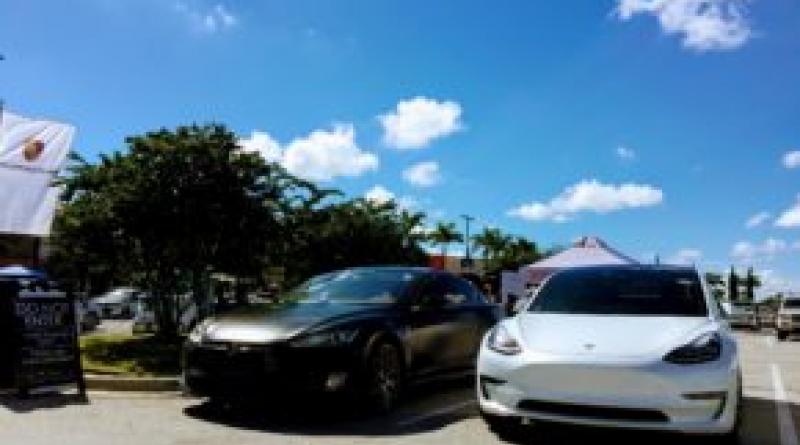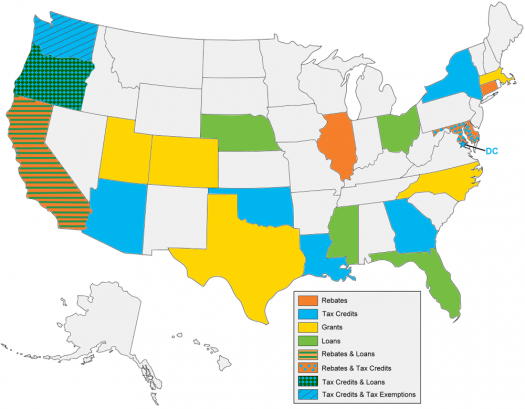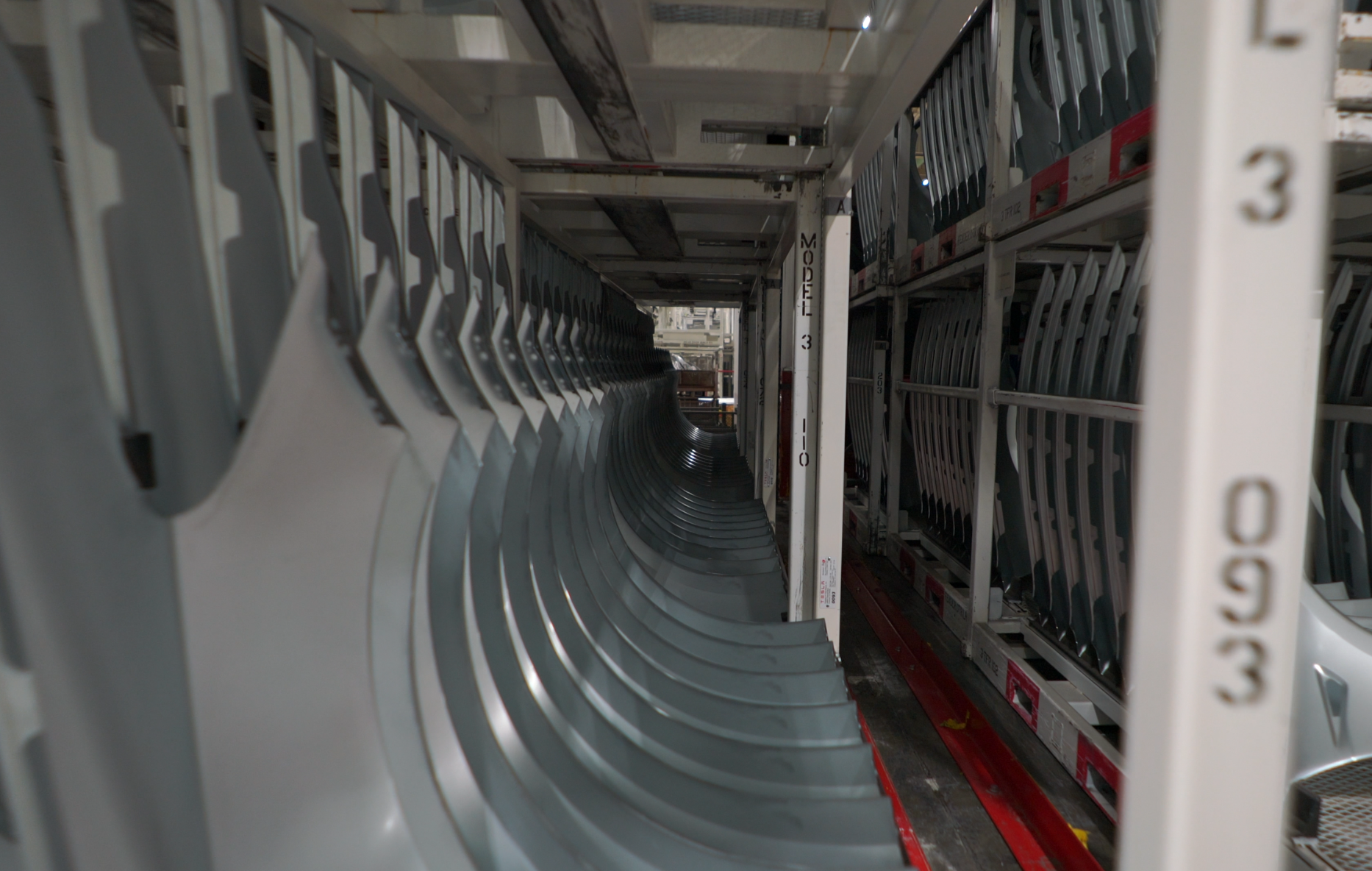The Koch Brothers Have A Mandate To Destroy The EV Revolution — Are You Buying In?

They’re the Koch Brothers. Their subsidiaries focus on all things fossil fuels and chemicals, from manufacturing, refining, and distribution of petroleum, to polymers, minerals, and fertilizers, to ranching, finance, commodities trading, and investing. Charles and David Koch are the duo who own the second-largest private company in the US and who investigative journalist Jane Mayer depicts as “two very strong-minded billionaires” who “think they both should control American politics.”
They’re out to destroy the electric car revolution.
How EVs Became a Koch Brothers’ Target
As you can imagine, the slow but steady move of average everyday people toward electric vehicles (EVs) did not go unnoticed by fossil fuel billionaires and companies whose products rely on fossil fuels to work. The transition to EVs is becoming more rapid, with more “normal” with every new model and sighting on everyday roads.
Think about it. You just didn’t see EVs on the road when Barack Obama was elected as the US President in 2008. I remember seeing my first Tesla in western Connecticut when I was out at Lime Rock Racetrack in 2012. Along the way, we’ve learned about the devastating negative impact that internal combustion engines (ICEs) have on the atmosphere, and many of us chose an EV as our next transportation purchase.
The mass EV market now has many models across price and mileage ranges from which to choose. The Tesla Model 3 is priced close to lots of other new car models. The Chevy Bolt is so well-accepted that GM has eliminated production of its hybrid Volt. New versions of the Nissan Leaf keep getting more range. The BMW iPace is a very stylish vehicle; the list is quite expansive here in 2019.
Right at the beginning, the Koch Brothers recognized how debilitating EVs would be to its entire fossil fuel network. Their calculated campaign by late 2015 included sending what the Huffington Post has called “key Koch agents” to meet with oil-refining and marketing companies and pitch a “multi-million-dollar assault on electric vehicles.”
The problem, as the Koch folks saw it, was that generous government subsidies were making EVs seem a bit too appealing.
What is the Fairness for Every Driver Act?
Introduced to the 116th Congress (2019-2020) by Senator John Barrasso (R-WY), who chairs the Senate Committee on Environment and Public Works, S.343 – Fairness for Every Driver Act would end the federal tax credit for plug-in electric vehicles and establish a new annual “highway user fee” for all “alternative fuel vehicles.” Barrasso uses Koch Industry materials as his guide, arguing that the EV program “disproportionately subsidizes wealthy buyers” and that “hard-working Wyoming taxpayers shouldn’t have to subsidize wealthy California luxury-car buyers.”

The Fairness for Every Driver Act would require a federal highway user fee on alternative fuel vehicles, which its proponents say would generate billions for the Highway Trust Fund over the next 10 years. (Ah, that statement acknowledges the impact that EVs are soon to have on our economy, doesn’t it?)
Specifically, the legislation would:
- terminate and repeal the federal electric vehicle tax credit up to $7,500 per new electric vehicle purchased for use in the US
- impose a federal highway user fee on alternative fuel vehicles
- require that all user fees be collected with the user’s tax return
- ensure the transfer of federal highway user fees into the Highway Trust Fund
The Manhattan Institute (“a think tank whose mission is to develop and disseminate new ideas that foster greater economic choice and individual responsibility”) estimates that ending the electric vehicle tax credit would save roughly twenty billion dollars in taxpayer funds over the next decade.
The Manhattan Institute received more than $2.6 million from Koch foundations between 1999 and 2015. A brief written by Robert Bryce of the Manhattan Institute argued for a repeal of the tax credit. “Despite the endless hype about electric cars, vehicles that plug into the grid remain a niche product that is sold almost exclusively to the affluent.”
It’s important to know that much of the research emanating from the Manhattan Institute on the civil justice system has been heavily criticized in law journals and has been called a “catalog of every conceivable kind of error: data dredging, wishful thinking, truculent, and dogmatism.”
Why Do the Koch Brothers Want to Squash the Transition to Renewable Energy?
The Koch Brothers are billionaire petrochemical barons who have built a fortune on the transport and refining of fossil fuels. They own Georgia Pacific, Guardian Industries, Invista, Koch Ag & Energy Solutions, Koch Disruptive Technologies, Koch Engineering Solutions, Koch Equity Development, Koch Minerals, Koch Supply & Trading, Matador Cattle Company, and Molex, among others.
When they perceive a potential threat to their fossil fuel empire, they react in a no-holes-barred, last-human-standing approach that seeks to decimate the opposition. Money, money, money — oh, yeah! Money makes the world go round — at least for the Koch Brothers.
Who were the Top 10 Recipients of Koch Brothers’ 2018 Federal Campaign Donations?
- Blackburn, Marsha (R-TN) House $22,800
- Hatch, Orrin G (R-UT) Senate $21,200
- Lesko, Debbie (R-AZ) House $20,000
- Zeldin, Lee (R-NY) House $20,000
- Handel, Karen (R-GA) House $18,500
- Estes, Ron (R-KS) House $18,300
- Morrisey, Patrick (R-WV) Senate $16,400
- Barrasso, John A (R-WY) Senate $15,400
- Norman, Ralph (R-SC) House $15,000
- Scott, Rick (R-FL) Senate $12,900
What quid pro quo do candidates and organizations who receive these Koch Brothers’ donations offer in return?
When it comes to EVs, many are working to decelerate the country’s transition to electric cars by disseminating spurious arguments, misleading statements, clearly false claims, and emotion-driven reasoning that’s been tested, revised, and refined by Koch Brothers-funded think tanks and advocacy groups.
Infusions of big campaign donations don’t hurt when it comes to persuading elected officials — anywhere from local government to the US Congress — to see the light — uh, the gushing, vitreous, slippery oil.
#8 Koch funding recipient Barasso is pushing the tax on alternative fuel vehicles, bowing in appreciation to the Koch Brothers who helped to get him his committee chair status in the US Senate.
What Groups Have Been Fighting EVs?
One front group for the Koch Brothers is called the Energy Equity Coalition (EEC). Its mission statement is to fight “to end taxpayer subsidies and ensure a level playing field for middle-class American energy consumers.” They argue that “working-class Americans should not be forced to subsidize luxury electric cars for the wealthy.”
The EEC launched in late 2015, with the EV tax credit immediately in its sights, and the group features a slogan that bashes electric cars as being “Built by Billionaires, Bought by Millionaires … and subsidized by the rest of us.” The Energy Equality Coalition was launched as an offshoot of Frontiers of Freedom, an Exxon and Koch-funded group run by George Landrith, who also serves on the EEC Board of Directors.
In 2016, the Fueling US Forward movement emerged, which foregrounded oil and gas promotion with the counterpart of eliminating EVs. Their YouTube video “The Hidden Costs of Electric Cars” encapsulates EV tax credits as a “massive wealth transfer from poor to rich.”
Landrith explained to The Weekly Standard that “working-class people are paying taxes to subsidize luxury goods for the richest among us … We believe there should be energy equality, not special treatment for the wealthy.” A subsequent ad/ editorial in The Hill funded by Koch Industries argued that hybrid and EV tax credits “may seem enticing to the general public, but the reality is that 90% of the beneficiaries come from the top income bracket.”
Barrasso then parroted a similar sentiment. “Nearly 80% of the tax credits go to households earning at least $100,000 a year.” Senator Barrasso, was it a convenient oversight to neglect to mention that more than half of all electric cars on the road are leased?
At the state level, the Koch Brothers have invested heavily in two instruments for disseminating their messages: the American Legislative Exchange Council (ALEC) and Americans for Prosperity.
In recent years, ALEC has put electric vehicles high on its agenda. With ALEC prompting from the sidelines, there are at least 24 states with newly adopted EV fees, and 15 other state legislatures are considering them this year. Meanwhile, ALEC is supporting “tax reform” called the Motor Fuel Tax Reduction Card Act that would permit additional motor vehicle registration fees for passenger cars, noncommercial vehicles, and commercial cars and trucks. Each time a new vehicle is registered, the owner would receive a card to lower the retail price of motor fuel equal to the fuel excise tax paid by motor fuel dealers. Motor fuel dealers will claim a credit for each gallon of the dealer’s fuel that a consumer purchases using a fuel tax reduction card.
Go, fossil fuels! the Koch cheerleaders cry.
The Americans for Prosperity works alongside ALEC to depict how the “well-connected are able to work out sweetheart deals at the expense of everyone else (through) legislation that would extend taxpayer subsidies for electric vehicle companies.” Tesla’s milestone sales mark of Tesla 200,000 vehicle-per-manufacturer cap didn’t go unnoticed by Americans for Prosperity, either. They went on to state that “companies that claim to rely on subsidies to remain competitive often spend more time working to keep their subsidy than improving their product.”
I guess they haven’t had time to absorb all the numerous advances in EV technology, especially at the Tesla Fremont factory. False statements take so much time and get so complicated in their subterfuge.

Final Thoughts
Unlike the Koch Brothers-sponsored lies, EVs provide real benefits. Our own US Energy Department states,
“Fueling with electricity offers some advantages not available in conventional internal combustion engine vehicles. Because electric motors react quickly, EVs are very responsive and have very good torque. EVs are often more digitally connected than conventional vehicles, with many EV charging stations providing the option to control charging from a smartphone app.”
Add in saving the planet, of course, and EVs are hard to beat. They’re clearly the way to go. As more and more US car owners are exposed to electric vehicle technology and its benefits, the switch will happen exponentially. But EVs aren’t powered by oil, and a powerful force like the Koch Brothers aren’t going to be easily sent packing back to Wichita, Kansas.
Not as long as they can draw profits from fossil fuels, that is.
*Carolyn Fortuna, Ph.D. is a writer, researcher, and educator with a lifelong dedication to ecojustice. She's won awards from the Anti-Defamation League, The International Literacy Association, and The Leavy Foundation. She’s molds scholarship into digital media literacy and learning to spread the word about sustainability issues. Please follow me on Twitter and Facebook andGoogle+
22 August 2019
Clean Technica




